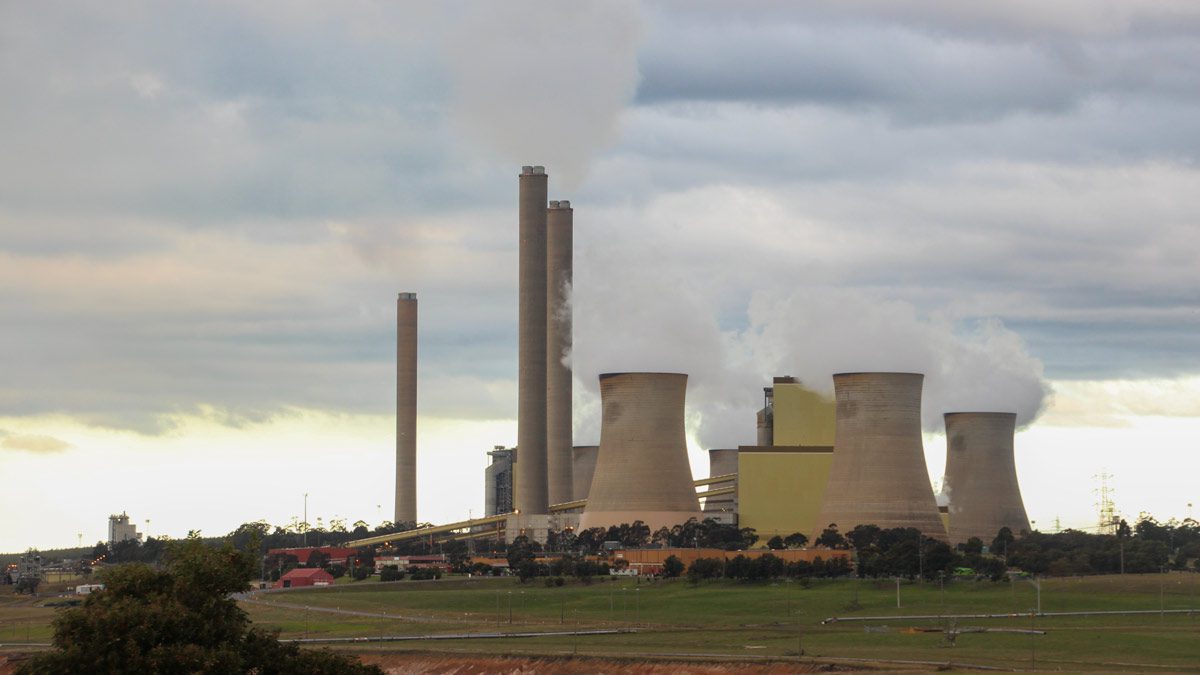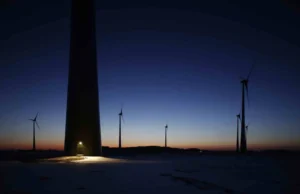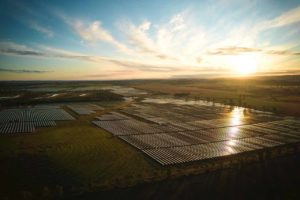The clean energy sector’s main peak bodies have called on political leaders and the industry to have “honest conversations” about the future of Australia’s coal generators, following yet more controversy about new closure dates this week.
AGL’s decision to bring forward the closure of the Loy Yang A and Bayswater coal generators by a few years was met with dismay by environmental groups, and yet more claims of blackouts and higher power prices by the federal energy minister Angus Taylor.
In a submission to the Energy Security Board’s consultation on a proposed capacity market – which would see coal and gas generators paid to remain available to generate – the Smart Energy Council said it was time for an “honest conversation” about the future closures of coal generators.
“Pretending coal-fired power stations will continue to operate when no longer commercially feasible and, even worse, propping up them up financially as a short-term electoral payment – Angus Taylor’s CoalKeeper subsidy – does not help local communities prepare for the inevitable change or help create new local jobs and industries, and is in obvious contravention of Australia’s international climate change commitments,” the Smart Energy Council says in a submission to the ESB.
“The draft AEMO Integrated System Plan (ISP) is predicting coal closures by 2040, much earlier than some people have anticipated and some governments have planned for. Indeed, the ISP’s step change scenario is increasingly looking like a business as usual scenario.”
“This reinforces the urgent need for significant investment in renewables and firming technologies to be connected and online in coming years.”
The bulk of Australia’s coal generation fleet is expected to close within the next two decades as ageing plants reach the end of their operational lives. The emergence of low-cost supplies of wind and solar power have put pressure on coal generators to remain viable, with several plants facing earlier than expected retirements.
To counteract this pressure, the Morrison government and the ESB have proposed the creation of a “capacity market” within Australia’s main grid, which would provide payments to thermal generators – like coal and gas plants – to remain available in the market, delaying potential closures.
The proposed capacity market notably failed to gain the consensus support of state and territory energy ministers, after it was included as part of the Energy Security Board’s recommended redesign of the National Electricity Market.
The Smart Energy Council says governments should instead be looking to accelerate the deployment of new renewable energy and energy storage projects to replace the coal generators.
“It is long past time to remove the unnecessary barriers to the uptake of cheap, zero emissions residential, commercial and large-scale renewables and that should be the front of mind focus for all Australian governments,” the Smart Energy Council said.
During its half-year results update on Thursday, AGL Energy announced that it would bring forward the closure of the Loy Yang A and Bayswater coal fired power stations, as part of the company’s “climate commitments”.
The Clean Energy Council said AGL’s announcement highlighted the imperative for political leaders, along with unions, the energy industry and community leaders, to engage with the reality of coal plant closures.
“By the time the next Federal Election rolls around, Liddell will have closed, and Yallourn will be a few years from closure, which is why policy decisions made at this election are critical,” CEC chief executive Kane Thornton said.
“International and Australian experience shows that proactive, planned approaches to industrial transition are likely to achieve far better economic and employment outcomes than reactive, emergency action after closures are announced.”
“It is imperative that industry, government, unions and communities work together to manage this inevitable transition so that people and their communities aren’t left behind,” Thornton added.
Australian Greens leader Adam Bandt echoed the calls in a statement on Friday, who called on Liberal and Labor leaders to establish set timelines for coal plant closures and to provide support to communities during a period of transition.
“Right now, coal workers in Australia are worried for their job security because governments are leaving them exposed. Big coal corporations are edging their closures forward, but both Liberal and Labor seem to be denying it’s happening,” Bandt said.
“Coal is the biggest cause of climate change, and we need to exit it, but in a way that looks after workers and the climate, not big corporate profits.”
“We need a timetabled exit from fossil fuels, similar to the success seen in Germany. It needs to clearly provide a pathway for a zero emissions energy mix by 2035 with plans for workers through that change,” Bandt added.










